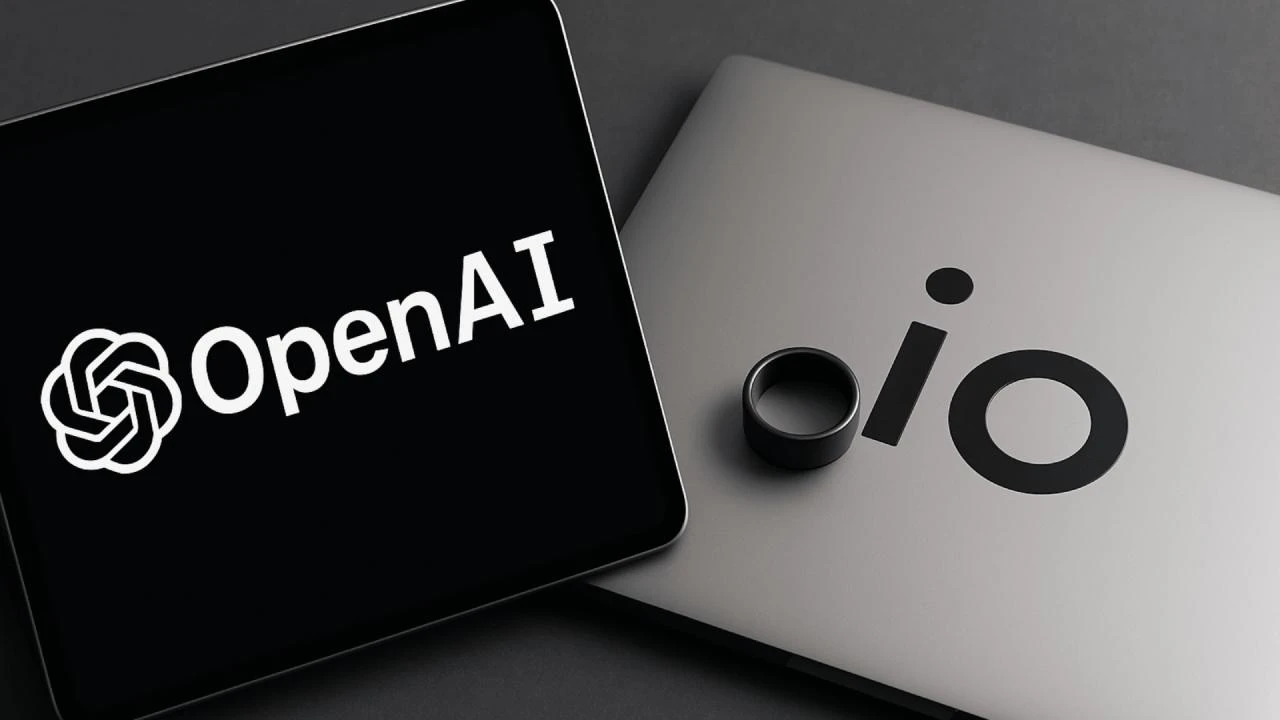OpenAI CEO Sam Altman officially confirmed this week that the company is developing new AI-focused hardware. Altman states that this device will be completely free of the distractions and chaos created by today’s smartphones. He likens the experience of using the device to sitting peacefully in the mountains or in a lakeside cabin, arguing that technology needs to evolve into a more calming environment. However, to achieve this experience, the device must understand the user in context and constantly analyze their habits and routines.
Peace by the lake or 24/7 monitoring? Altman’s vision for the new device
The tranquility and simplicity promised by the device relies on comprehensive data tracking and processing behind the scenes. Knowing where you are, what you’re doing, and how you’re speaking seems essential to providing a personalized experience. This rekindles the debate in the tech world about “sharing data for convenience.” The device’s structure, which records and learns every moment, acts as a voluntary surveillance mechanism, raising questions about where the boundaries of privacy begin and end.

This “quiet technology” concept in Altman’s vision is largely tied to the trust users place in the company. The more context-aware a device is, the greater its control over personal data. At this point, users must have complete confidence that the algorithms and the company will not use personal data as a commercial leverage or protect it from security breaches. The company’s past approaches to intellectual property and data use policies play a critical role in establishing this trust.
Altman’s previous statements regarding the use of previously copyrighted content as training data, and the copyright debates that followed the Sora 2 launch, in particular, heighten sensitivity around data use. While the company stated that it would grant content creators greater control over the backlash, criticism persists that its overall approach is “access first, permission later.” This device, which aims to smooth out the friction in digital life, actually requires extensive control over user life.
Ultimately, OpenAI’s new device promises great ease of use while seemingly demanding a transparent data exchange in return. The fine line between a peaceful lakeside experience and a potential surveillance tool will be determined by the company’s transparency policies. This balance between convenience and privacy will be the most important factor shaping the technology’s future acceptance.
Would you allow your data to be constantly processed for a device that completely analyzes your life and offers you personalized solutions?














